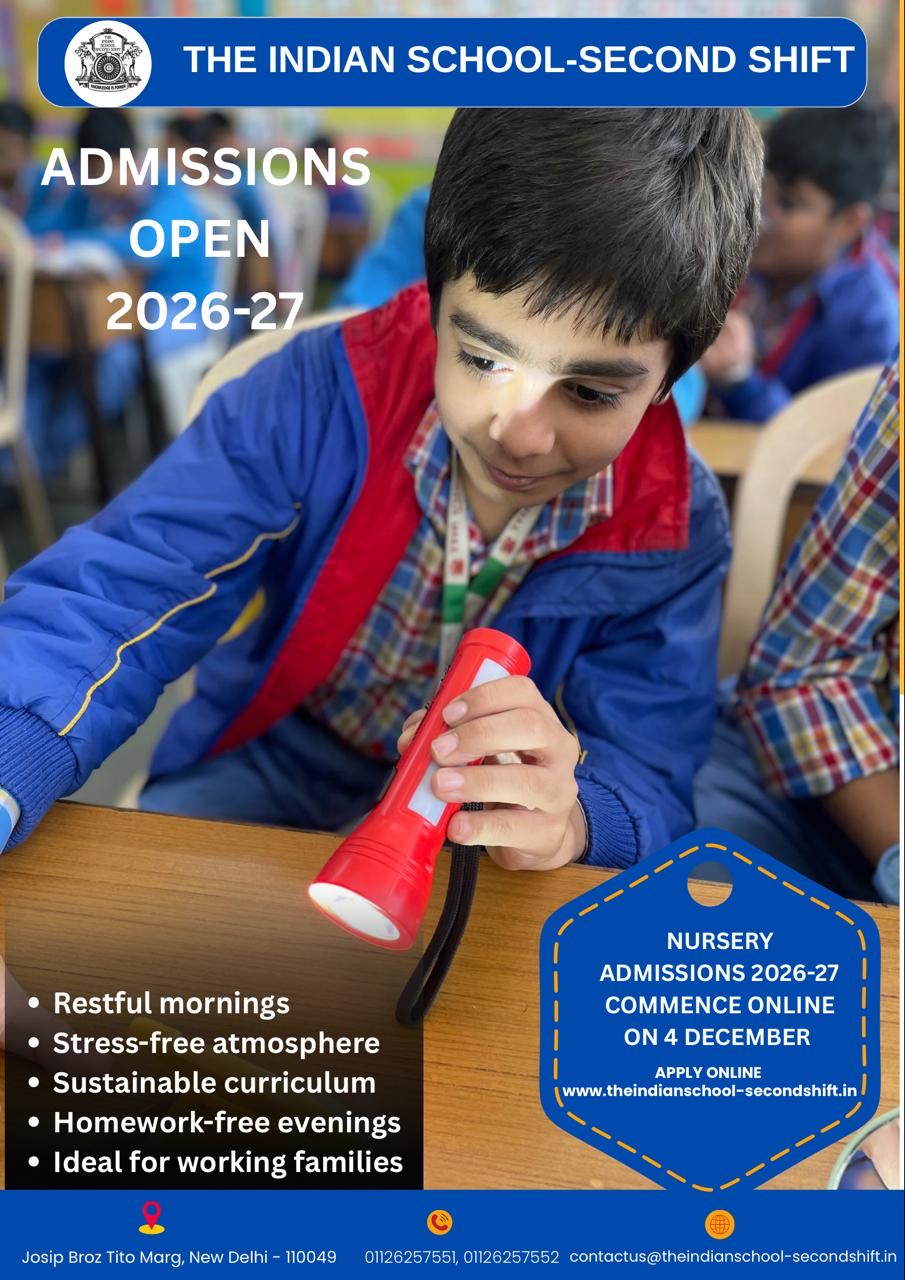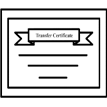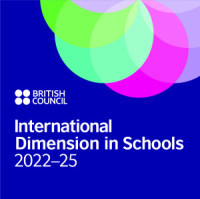CBSE teacher workshop on HAPPY CLASSROOMS
‘In a very real sense, we have two minds – one that thinks and the other that feels.’ Daniel Goleman
As part of the Offline Capacity Building Program, a teacher workshop on 'Happy Classroom' was conducted by CBSE on 26.6.2023 at The Indian School.
The workshop guided the teachers on how a happy environment can be created in the classroom, to make studies engaging for students. Mr Pankaj Munjal, CBSE trainer, ( facilitating value education workshops for qualitative enhancements in education) and Ms Priyanka Bhatkoti, Principal, Maxfort School, Dwarka, ( recipient of the Bharat Gaurav Samman at the House of Lords, London and a CBSE content creator), shared their observations, experiences and facts. To promote the emotional well-being of students and teachers, the workshop was based on ways of keeping children’s minds focused on the task at hand, teaching them to live harmoniously with family and society and develop a holistic outlook and perspective of life.
The self-exploratory session began with Mr Munjal briefly discussing emotional awareness and the importance of healthy minds. The interactive workshop aimed to help teachers realise the importance and the pathways to happiness. According to the resource person, a happy teacher can only create a happy classroom. The teacher should leave all worries, anxiety and stress outside the classroom.
-373.jpg)
-573.jpg)
-257.jpg)
Through discussions based on various real-life incidents, it was concluded that a happy classroom can be created through affection, respect, trust, conceptual clarity, sensitisation and practice to live in harmony with nature at large. One should understand the source of happiness and how to ensure its continuity. The teachers were told to lend an ear to every student and maintain effective communication and harmony in every relationship.
In the second session, Ms Priyanka Bhatkoti continued the workshop, focusing on Emotional Intelligence, Emotional Self Regulation, dealing with behavioural issues and Functional Behavioural Analysis. She quoted Aristotle, “Anybody can become angry-that is easy, but to be angry with the right person, and to the right degree, and at the right time, and for the right purpose, and in the right way- that is not within everybody’s power and is not easy.” She explained the integral role of emotions in education, affecting student motivation, attention, social functioning and ethical decision-making.
With various interactive activities, she enabled the teachers to recognise how an emotional equilibrium can be maintained even when life becomes challenging. Through various examples, she explained the importance of reducing the communication gap im the student-teacher-parent three way relationship, to develop healthy and cordial relationships between them. Motivating the students with various incentives to maintain a conducive learning environment, identifying the root cause of the problem and not labelling a child were some of the key elements of the workshop.
Towards the end of the session, the participants were divided into groups and asked to demonstrate their understanding and their takeaways from the workshop, through a presentation. The workshop was indeed an inspiring reminder for all the participating educators to enthusiastically strive to create a happy classroom and make learning a fun-filled experience for students and teachers alike.




-373.jpg)
-573.jpg)
-257.jpg)






